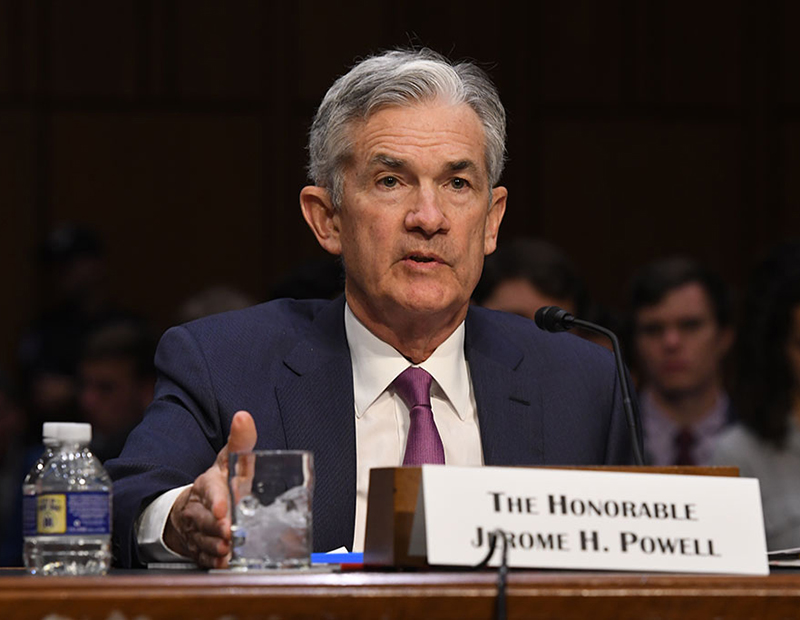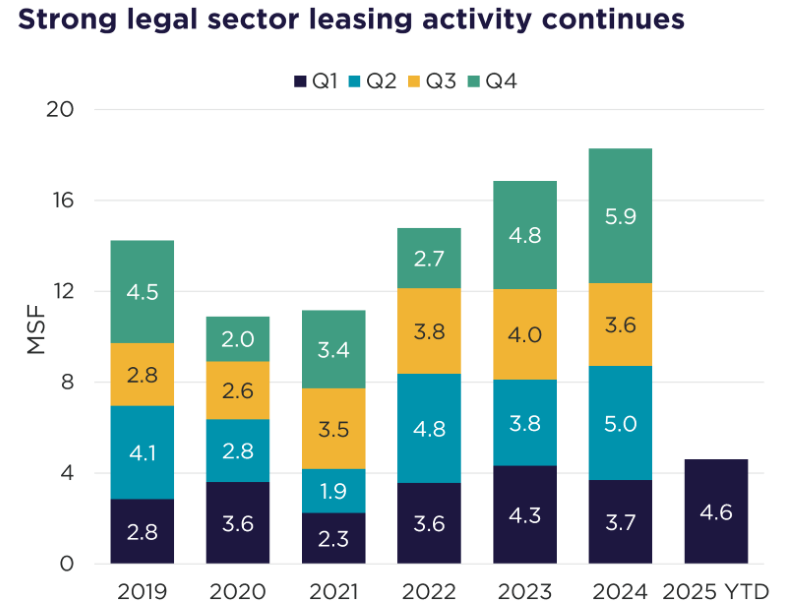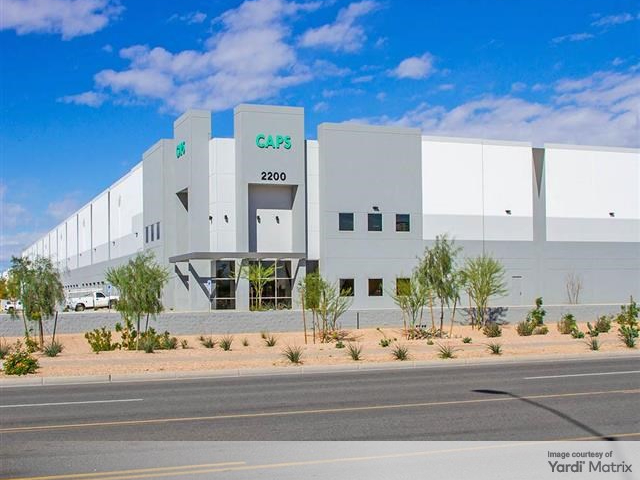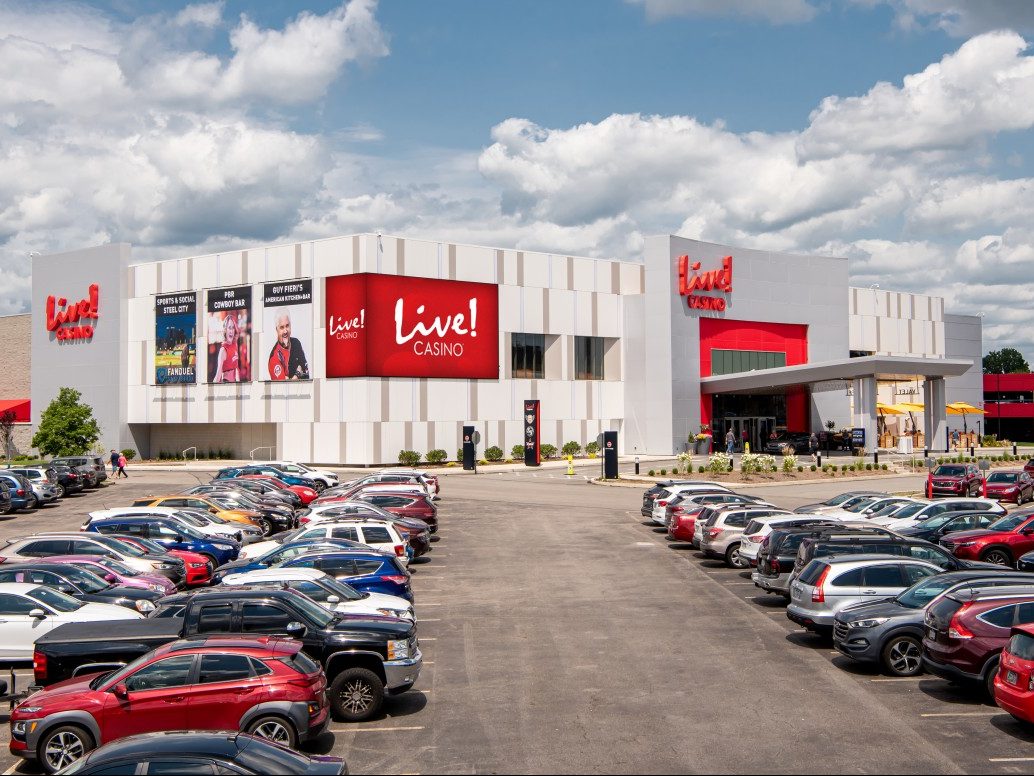Trends of the Week
Good news from the Fed. Landlords and tenants work it out. Could reopening be in sight? These are the trends that shaped real estate content this week.

Jerome Powell, Chair, Federal Reserve. Image courtesy of Federalreserve via Flickr
Commercial real estate executives endured another week of non-essential business closures and overall economic disruption brought on by the coronavirus pandemic. But stakeholders still seem comforted by two notions: This is a temporary condition and, unlike 2008, this is not an “economic recession.” Here are three key trends that shaped the news this week:
1. Reopening the Economy Is On the Table, But It Could Be Just Talk
As the president of the United States and governors start to plan for reopening the economy, commercial real estate owners started thinking about how their properties would operate under “the new normal” since social distancing and increased cleanliness regimens are expected to continue even when non-essential businesses resume. Returning to normal, however, is still a tentative reality in most places. Just days after joining an alliance with Connecticut, Rhode Island, New Jersey and Delaware to coordinate reopening, for instance, New York’s Governor Andrew Cuomo extended the non-essential ban until May 15.
Related Articles:
Trump’s Opening the Country Council Includes Roster of His Real Estate Allies
Commercial Observer
Fitness Center Amenities FAQ During COVID-19
MultiHousing News
Governors Are Banding Together on Coronavirus Response. That’s Been the Case in the D.C. Area From the Get-Go.
Washington Business Journal
What to Expect When You Get Back to the Office After Lockdown
Bloomberg
2. Rent Deferment is the Buzz for Investors, Tenants and Lenders
Landlords are increasingly concerned about residential and commercial tenants’ ability to pay rent and how it will impact their ability to cover expenses and loan obligations. April receipts were sketchy, though not as bad as some landlords thought. But with many buildings still shuttered and another 5.2 million workers filing for unemployment benefits last week, May looks troublesome.
Landlords, therefore, are talking closely with tenants to work on deferment–not forgiveness–plans. But they must also consult with their lenders to make sure they don’t violate the terms of their loan or their own forbearance agreements.
Related Articles:
Restructuring Commercial Real Estate Leases During COVID
Law 360.com
April Rent Payments Hit 84 Percent
MultiHousing News
Boston Landlords Leery Of State Coronavirus Eviction, Mortgage Moratorium
Bisnow
What Is a Force Majeure Clause, and What Does It Mean for Mortgages?
Realtor.com
2. The CRE Mortgage Market Is Stable…For Now
There is new stability in the commercial real estate market now that the Fed has expanded the Term Asset-Backed Securities Lending Facility or TALF” for AAA-rated CMBS and some CLO paper. Meanwhile, lenders are willing to work with proactive borrowers on forbearance, and most , with the exception of conduits, are still lending to strong sponsors albeit with tighter underwriting standards. But as the economy continues on pause, there is growing concern about potential defaults, particularly in the hotel and retail property markets, and the damage that will do to the commercial mortgage market.
Related Articles:
U.S. Commercial RealEstate Braces For Defaults as Pandemic Cuts Cash Flows
MarketWatch
Who’s Lending and Who Isn’t?
Commercial Property Executive
Times Square hotel first to seek special CMBS loan servicing during coronavirus pandemic
New York Post
TALF just lip service for CLOs
Global Capital
News ‘Father Of CMBS’ Ethan Penner Says CMBS Structures Need Major Overhaul
Bisnow







You must be logged in to post a comment.